So you found and repossessed the collateral. Now what?
Do you know the new notice of sale rules that now apply in many states, including Alabama, California, Colorado, Delaware, Hawaii, Iowa, Indiana, Nevada, Nebraska, New Hampshire, New Mexico, North Dakota, and Washington — and that are likely to apply soon in other states as they adopt the latest UCC changes?
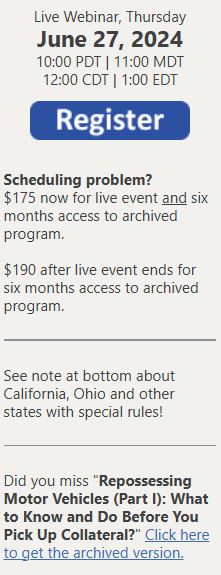
Do you know what information must be in the notice? Do you know what may not be in the notice? How does bankruptcy affect what goes in the notice? How quickly must you get the notice out the door?
What must the borrower do to get the vehicle back? May you require a full payoff? Does that include collection expenses? Attorney’s fees? May the borrower get the vehicle back just by bringing the account current?
If the borrower doesn’t get the vehicle back all, what are the restrictions on how you may sell it? And what happens after the sale?
During this program, participants will learn:
- What changes do the new notice of sale rules make, and which states have adopted them?
- What information must be in a notice of sale? What are common mistakes creditors make when preparing the notice?
- How quickly after repossession must a notice of sale be sent?
- How quickly after repossession must the vehicle be actually sold?
- What is a “right of redemption?” What is a “right of reinstatement?” How are they different? Does your borrower have one or both? What notice does each require?
- May you require a borrower to provide proof of registration before returning the vehicle?
- May you require a borrower to allow you to install a tracking device before returning the vehicle? What if you can prove the borrower was hiding the vehicle before repossession?
- May you repair or recondition collateral before selling it? Must you do so? May you require the borrower to pay for it?
- What is a “public” sale? What is a “private” sale? Why is it crucial for you to know the difference and correctly categorize your sale?
- What is a “commercially reasonable” sale?
- May you sell collateral to an employee or family member of an employee?
- What notice must you send after collateral has been sold? Under what circumstances must you send it? What error do many (many!) creditors make that could lead to class action liability?
Repossessions are a tricky business. Don’t wait until you receive notice of a lawsuit with your name on it to learn what you should have done.
For more information, call NorthLegal at 623.537.7150.
NOTE ABOUT SPECIAL STATE RULES: This webinar will address rules applicable to all states. Some states, such as California and Ohio, have additional rules that will not be addressed here and that may be the focus of other programs in the future. Financial institutions repossessing vehicles in those states must still know the information presented in this program as well as their own special rules!
Related:
REPOSSESSING MOTOR VEHICLES (Part I) – What to Know and Do Before You Pick Up Collateral
| UPCOMING CONFERENCES IN 2024 |
| 2024 NL BANKRUPTCY FUNDAMENTALS SEMINAR June 10, 2024 Las Vegas, NV Program Details | Location | 2024 NL ADVANCED BANKRUPTCY CONFERENCE June 11-14, 2024 Las Vegas, NV Program Details | Location | 2024 NL CONSUMER COLLECTIONS CONFERENCE September 9-12, 2024 New Orleans, LA Program Details | Location |

Repossessing Motor Vehicles – Part II: After the Repossession – Repossessing Motor Vehicles – Part II: After the Repossession – Repossessing Motor Vehicles – Part II: After the Repossession
Repossessing Motor Vehicles – Part II: After the Repossession – Repossess – Credit Union Collections – Credit Union Collectors – Delinquency – Northlegal – Northlegal – Bankruptcy




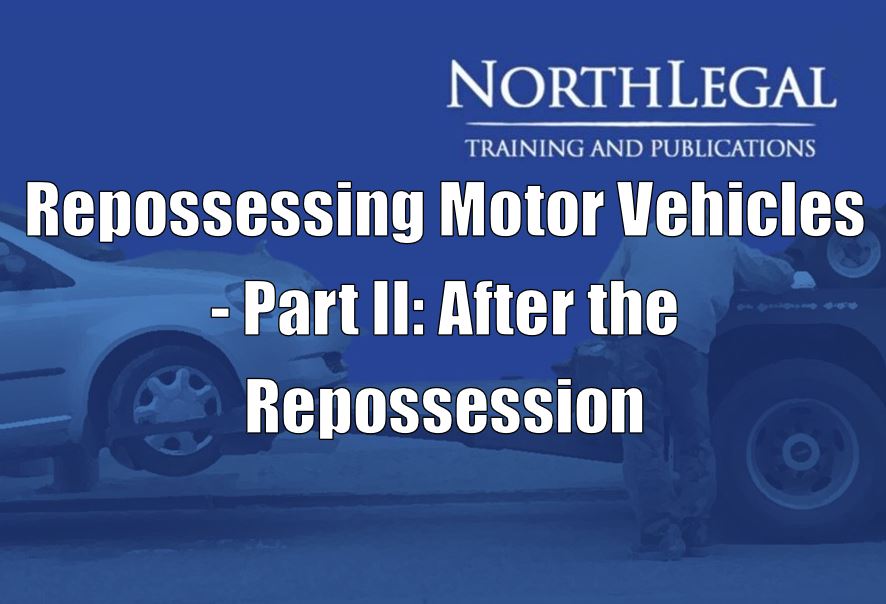

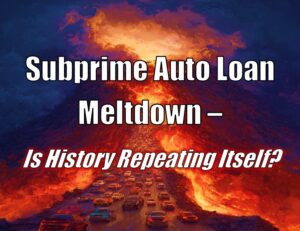
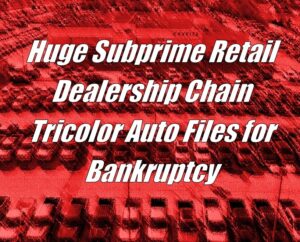

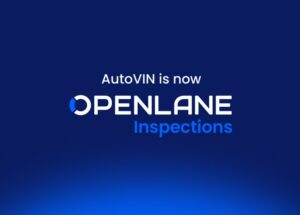

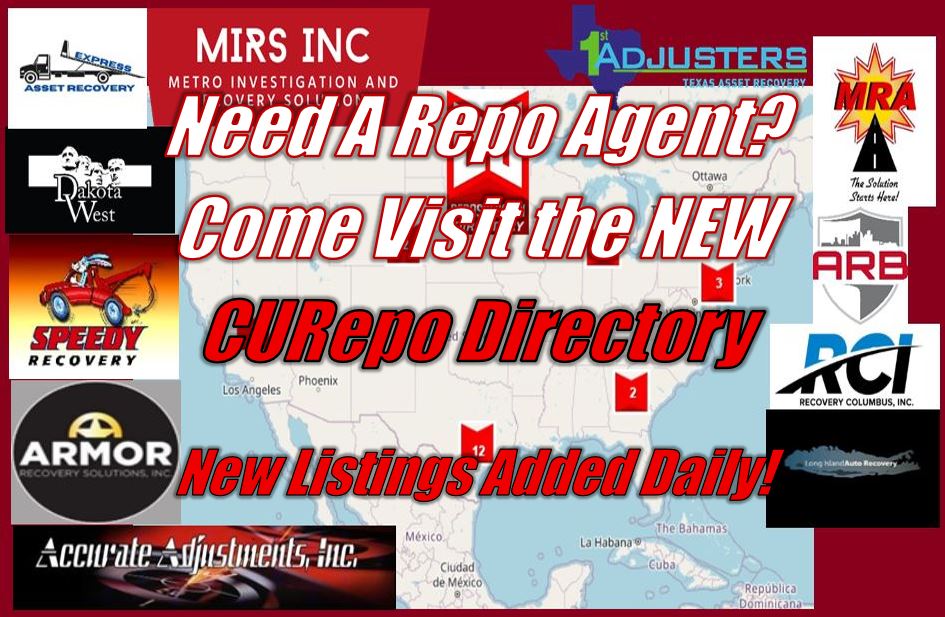

Facebook Comments